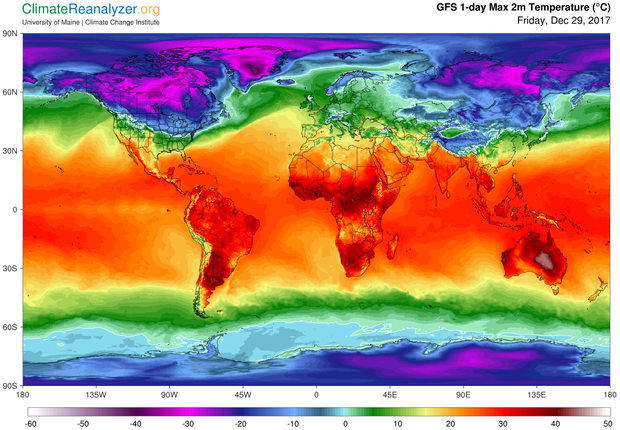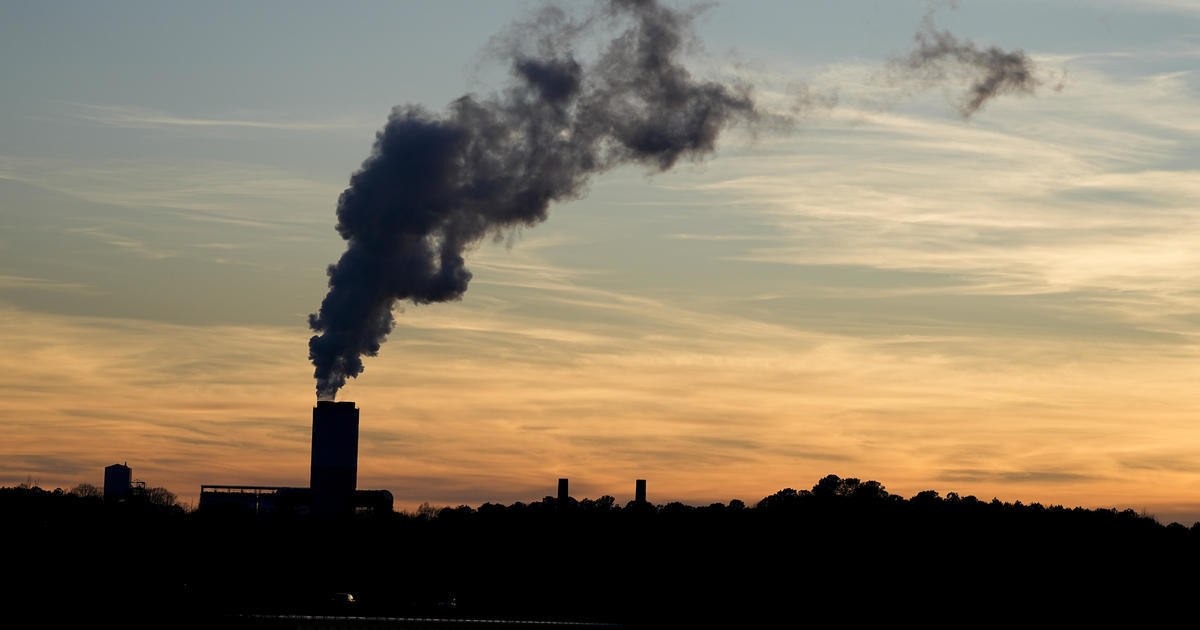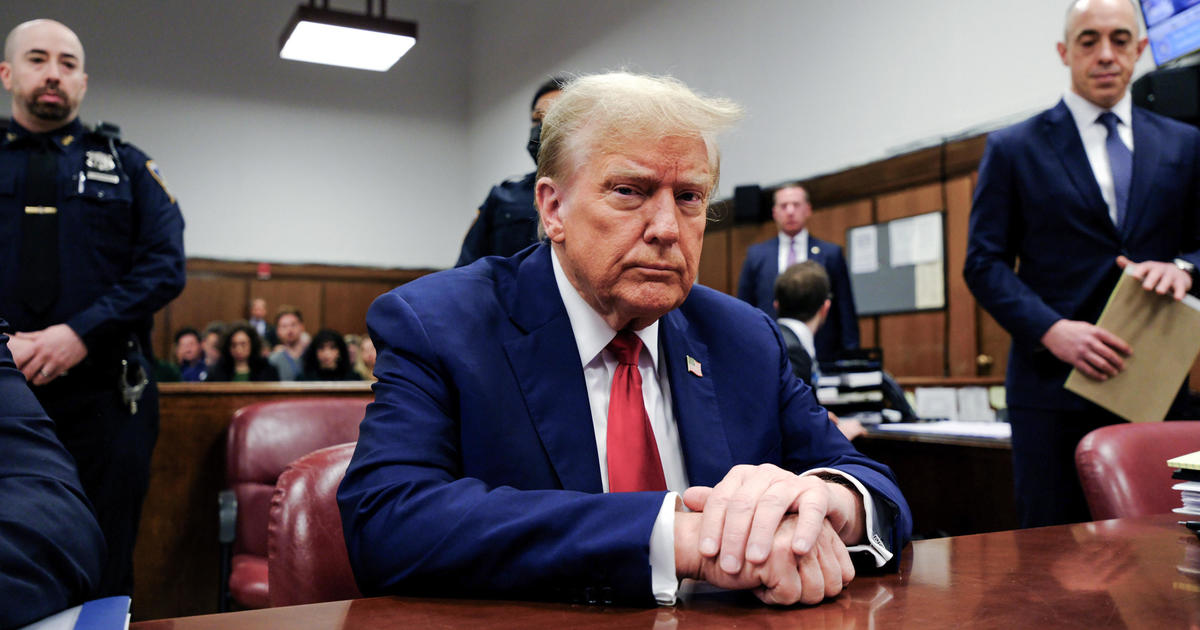Climate scientist calls Trump's global warming tweet an "often debunked assertion"
A leading climate scientist is responding to President Trump's tweet that seemed to mock the idea of man-made climate change amid frigid temperatures in most of the eastern United States. Adam Sobel, an atmospheric scientist and Columbia University professor, says the president's remark suggested an "often debunked" misstatement about what climate change really means for the planet.
Sobel joined CBSN on Friday to discuss the president's tweet, which said that areas expecting "the COLDEST New Year's Eve on record" perhaps "could use a little bit of that good old Global Warming."
"The tweet seemed to imply that the cold weather in the Eastern United States somehow contradicts the notion that the climate is warming -- or warming due to human influence -- which of course is not true. This is a very tired and often debunked assertion," Sobel said.
Sobel explained that winter will not cease to exist and that cold weather can still happen despite global warming.
"If you look at the temperature map for the climate as a whole right now, the entire rest of the planet is warmer than the historical average with the exception of the Eastern United States and Canada, and the last three years -- 2014, 2015 and 2016 -- have been consecutively the warmest years on record," Sobel said.
He added, "So the notion that 'there's cold weather happening somewhere so global warming is not happening' is well understood by people who take the issue seriously to be false."
Sobel said the most important thing people can do to combat climate change is to vote.
"I think that's the number one most important thing, because we can all take individual actions to reduce our carbon footprint, and we all should, but the problem is too big for individual action," he said.
"It's going to be solved by collective action at the government, national and international, level. The United States has the capacity to lead this issue; we were for a little while. Now this administration has made the problem worse rather than helping."




